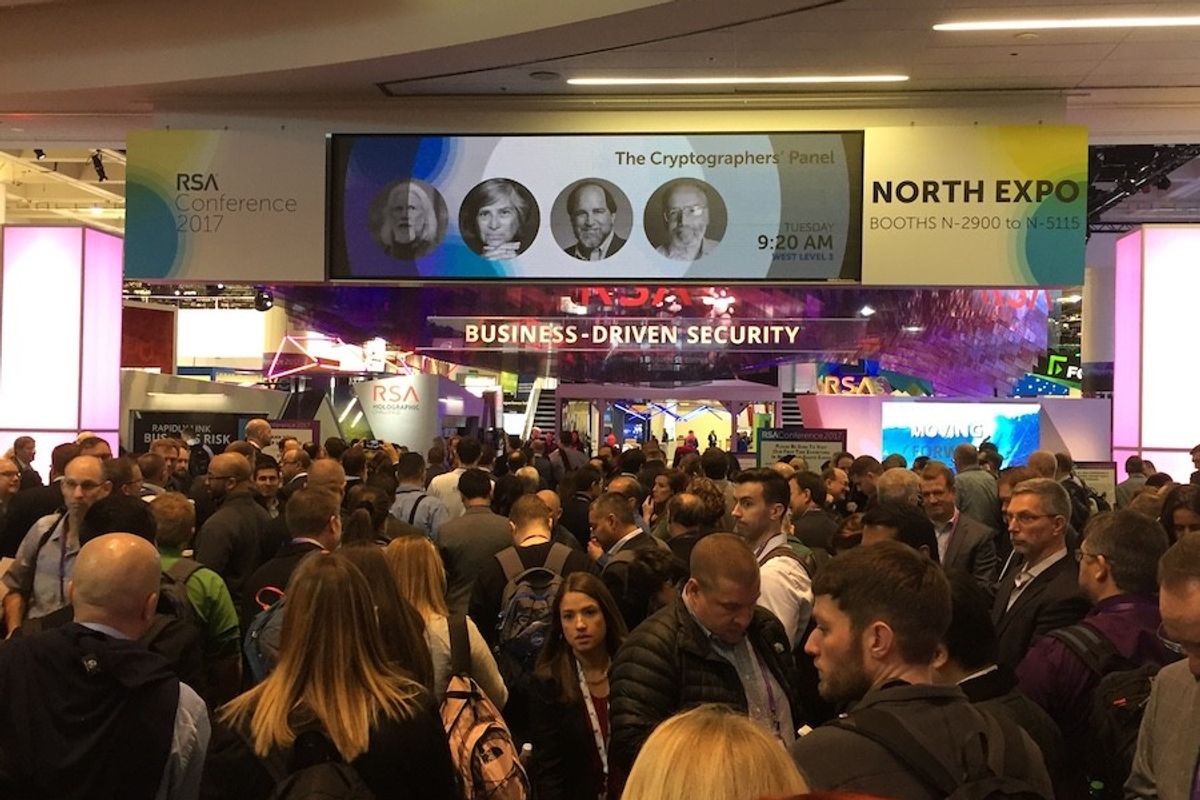Nearly everyone has, at some point, had to deal with long, terrible commutes caused by traffic congestion at rush hour. Or maybe you have endured long delays, or even spontaneous fires, because your city’s public transit system was never meant to handle the volume of use it is currently expected to provide. In the United States and elsewhere, accelerating urbanization is placing ever-greater pressure on cities to provide services to a larger number of people. Fortunately, technology is making strides, creating alternative ways of addressing problems that have plagued cities since the industrial revolution.
Smart city initiatives are working to help cities take advantage of innovative applications of telecommunications technology, data science, and the Internet of Things (IoT) to change how cities interact with citizens. According to Ramez Shehadi, Executive Vice President and Managing Director of Booz Allen Hamilton – MENA, “the real opportunity is in a future where public government services do not compete against one another, but interconnect with – and complement – each other.” The exact applications vary from city to city, as the field is still developing, but the number of applications appears to be both diverse and poised to improve the quality of life for everyday citizens, in addition to making governance easier, cheaper, and more efficient.
For example, Kansas City, Missouri recently announced that it is the most connected smart city in the world, after investing $15 million into its municipal infrastructure. Among the improvements are streetlights with embedded sensors that allow for real-time adjustments in illumination based on the presence or absence of people, which reduces both wasted energy and light pollution.
In Washington DC, a pilot program has started which allows buses to communicate with stoplights in order to improve the reliability of public transit. The new system allows some buses to extend green lights or shorten red lights in order to optimize traffic patterns around public transportation systems.
The Los Angeles Police Department partnered with mathematicians from the University of California, Los Angeles in order to develop predictive policing programs. These programs use data analytics to determine the most likely locations where crime will occur, so that police departments can more efficiently direct resources towards high crime areas. In Los Angeles, these programs appear to have had a significant effect on crime rates. These are just some of the ways in which smart city programs are helping to improve life for city-dwellers, and new advances are still being made.
However, the benefits provided by smart cities are achieved by taking on a certain degree of risk. Whenever an object or system becomes more heavily networked, it becomes vulnerable to cyber-attacks. The potential for extensive data theft, service disruption, or incitation of chaos only serve to increase the attractiveness of cities as targets for hackers – ranging from the criminal to the generally malicious. That being said, the private companies that are participating in smart city projects are working to mitigate this threat by addressing it from day one. Bridget Karlin, Managing Director of the Internet of Things (IoT) Strategy and Integrated Products Division at Intel, told the Cipher Brief that “security shouldn’t be treated as an extra or add-on, but it should instead be integrated at the onset and be part of any deployment or architecture design.”
There are also some concerns about privacy and citizen data, with the concern being that smarter cities could allow for greater surveillance of individuals living within them. Similarly, there has been some pushback against incorporating certain aspects of data analytics into some areas of public life. In Chicago, for instance, there was significant pushback from the police officers’ union against early efforts to utilize software geared towards predicting police misconduct. Much of this pushback centered around, effectively, penalizing officers for actions they had not yet taken – a sentiment that is very similar to the privacy concerns of average citizens as urban areas become more fully integrated with sensors and telecommunications capabilities.
Additionally, many aspects of smart city design depend upon the private sector for implementation. While privatization of some municipal services can be beneficial, there is always the potential for perverse incentives to compromise the quality or accessibility of services provided by private partners. This has not emerged as an issue thus far, but oversight will remain an important aspect of the transition to smarter cities.
The potential quality of life improvements that smart cities can provide are undeniable, but the benefit they provide must be weighed against the potential costs. The advent of smart cities represent a disruptive moment in the history of urbanization, and care will need to be taken as smart technologies are integrated into public spaces. The goal is to make cities better places to live, while still preserving the safety and privacy of their citizens.
Luke Penn-Hall is the Cyber and Technology Producer at The Cipher Brief.











